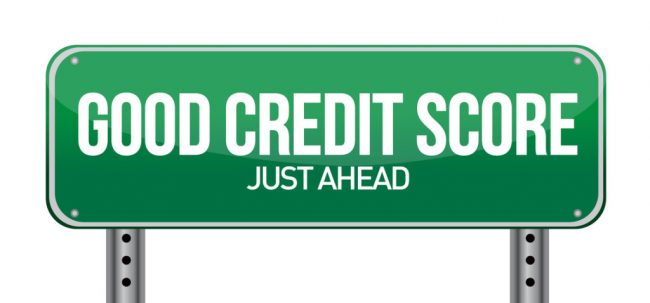Taking the first step toward a dream – a client story
October 19, 2018 | Posted by Blair Warner | No Comments“I’ll be honest, I’m both excited and nervous”

Sometimes after making a decision we have more questions than answers!
True client story:
Marissa (not her real name, and the first name that popped into my head) called our offices several weeks ago via a Google search. Now, we all know that this is the coldest lead in the world. We much prefer referrals from past clients and from our referral partners. Via Google search, we get emails, calls, inquiries from our Contact Us page, and even texts reaching out to us about our credit repair and debt consulting services every day. The majority of the time, folks who end up becoming a client through Google search go through several “touch points” from first contact to becoming a client. I won’t bore you with marketing and sales stats, but suffice to say, Marisa was no exception. Here is the activity from A -Z:
-
1. Marisa calls us via a Google search where she found our webpage
2. We talk and explain our services and offer a free credit report evaluation, with no obligation.
3. She goes to (link) and orders her credit reports, and we set up a 20 min. consult in the near future.
4. After going over her reports with her – showing her how we can help, how long it may take, and giving her some tips – she decided to hire us. but…
5. She could not afford it at that moment.
6. We stayed in touch with her for several weeks, and finally on October 1 she was ready.
“I’ll be honest, I’m both excited and nervous”
She was all signed up and ready to go and an hour later I received the above text.
We have all been there!
We have all been there! Buying a car, or airline tickets for a vacation in the future, a deposit on our first apartment or escrow on a new home purchase, even buying a new iphone (that we probably don’t need, but want), the list goes on. Anytime we are launching on a new endeavor that is going to cost us something, those proverbial butterflies in out stomach often show up. Did I make the right decision? Is this going to really be what I think or hope. What if it doesn’t turn out as envisioned? Will I regret this?
Time and money are valuable!
I remember one time when a friend of mine was selling his car. He needed to sell it fast and was willing to sell it 50% below book value. After deliberation, I decided to buy it from him with the intent of flipping it – turning right around and sell it at full price for a profit. What went through my mind as I wrote that check? What if I can’t sell it? What if it takes forever to sell? What if a major issues pops up in the meantime? What if? The “what if’s” invaded my mind. To make a long story short, it turned out ok, but to be honest, I was “both excited and nervous”at the same time.
Back to Marissa. As soon as she sent me the above text I knew exactly how she felt. At my next available time I picked up the phone and gave her a chance to expound and “let it all out”, so to speak. I already knew why she was excited from our earlier conversations. She has a one year plan of buying a house for herself and her daughter, and knew it had to start with repairing and building up her credit profiles and scores which she thought was near impossible. She also mentioned how she was tired of apartment life and that her lease would be up next August, and did not want to sign another year lease. She was/is excited because she thought for years that she could never buy a home, and now it is in her sights. She can envision it. Almost taste it. She is taking the first step toward a goal that is very important to her.
First steps toward a goal are very exciting but scary at the same time.
When I asked her why she was nervous (I could guess, but I wanted to hear her express it), she answered thus:
(Paraphrased, but pretty close)
“Well, Blair, I am nervous that this won’t all turn out like I need it to. This is important to me as a single-mother taking care of my child. My money is limited and I can’t waste a dollar if I wanna reach my goals. What if this doesn’t work out? I mean, can you guarantee my scores will go up? Without good credit scores I can’t improve my situation, my life. This is very important to me!”
I could hear it in her voice. That slightly high-pitched, increasingly rapid speaking with excited, yet reticent tone when you are “making sure” you made the right decision. Say out loud “are you sure?” with a little healthy skepticism, and you can probably hear her talking now.
I told her I completely get it, and that she is not alone. While I can’t legally guarantee a certain point increase as in “your score will go up x amount in x amount of months”, and I wouldn’t even if I could because there are so many factors involved, I assured her that with her credit report situation, and all other things considered, my experience tells me a year is more than enough time. In fact, I did promise her her score would go up, just not a certain amount, and that she would be in a position to buy a house credit-wise next year if she does everything I guide her to do, combined with our efforts. I also told her I would help her with budgeting and not to do anything on credit or make any large purchase without talking with me or one of my assistants, first.
She was mostly relieved, but to be honest, I could still hear a little hesitancy. “Ok, I am trusting you.”
It has only been 3 weeks, but all is going well as we put into action personalized, strategic first steps. Marissa is a great client.
Thank you for putting your trust in us, Marissa!
Best,
Blair A. Warner, Sr.Credit Consultant


















